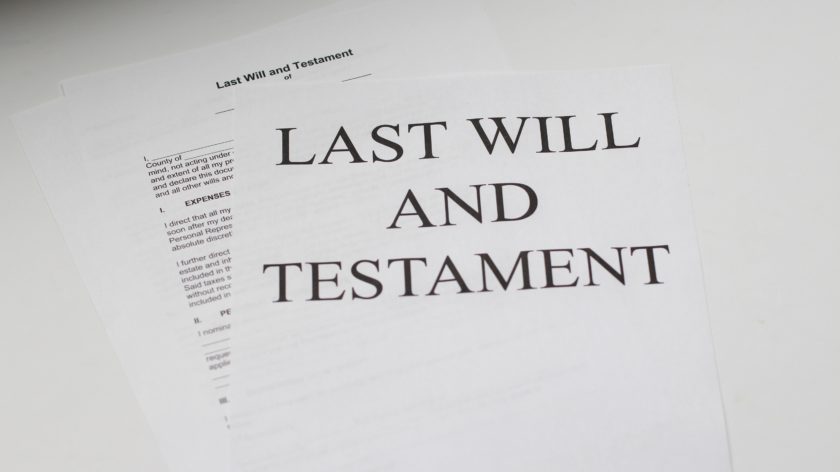The number of family inheritance disputes has risen by over third in three years, in part die to the rise in DIY wills, a freedom of information request by Nockolds has revealed.
According to the law firm, figures showed nearly 10,000 challenges to the distribution of inherited estates in England and Wales in 2021, up 37% on 2019 figures.
The number of people choosing to opt for DIY wills spiked in the wake of the Covid-19 pandemic, as the crisis forced a spotlight on the need to have financial affairs in order.
Clare Moffat, pensions and legal expert at Royal London, said: “Death is one of the great taboo topics that most people find incredibly hard to talk about. But discussing plans in advance ensures you and your loved ones can be better prepared emotionally, practically and financially.
“Statistics show that the pandemic was responsible for a spike in DIY will writing, possibly to save money. While avoiding the cost of using a will writer or solicitor may seem like a good way of saving money, producing a will yourself could lead to problems and end up costing a lot more in the long term. The cost of living crisis is causing many issues but these could be made even worse if a family can’t access any money, for months or perhaps years, after the death of the main earner.”
Moffat said that if someone is unfamiliar with the process and terminology of writing a will, it can become open to challenge or be invalidated.
She explained: “Family structures are increasingly complicated, which in turn comes with challenging financial arrangements. So, it’s more important than ever to make sure your will is legally correct.
“The law is complex and if you aren’t familiar with the process and terminology of writing a will, it’s all too easy to invalidate it or leave it open to challenge. Having a will can prove invaluable, especially if there are children, blended families or cohabitees. Preparing for death might seem pessimistic but in practice it’s about making sure the people you love receive what you would want them to. And it removes a lot of the complexity in the process at a time of sadness, compared with facing the laws of intestacy.”
Separate research by Royal London found that 56% of UK adults don’t have a valid will, rising to 79% among 18-34 year olds. Of those who don’t have a will, nearly half (47%) said they see the value but haven’t got round to making one.
Meanwhile, two thirds (62%) of people haven’t reviewed their will in over a year with 29% leaving it more than five years.
Moffat recommended that people continue to review and update their will, particularly if they have experienced a big life event such as marriage, divorce, house purchase or had children.
Those in co-habitating relationships but unmarried need to be mindful that they will not have the same automatic inheritance rights as those who are married.
Moffat also suggested people remember that a pension does not form part of the ‘estate’ when someone dies and will not be covered by a will.
She added: “You should make sure that you fill in a nomination of beneficiary form so that the pension scheme knows who you would like to receive it. In some cases, the pension can be worth as much or more than the value of assets in the estate.”






























